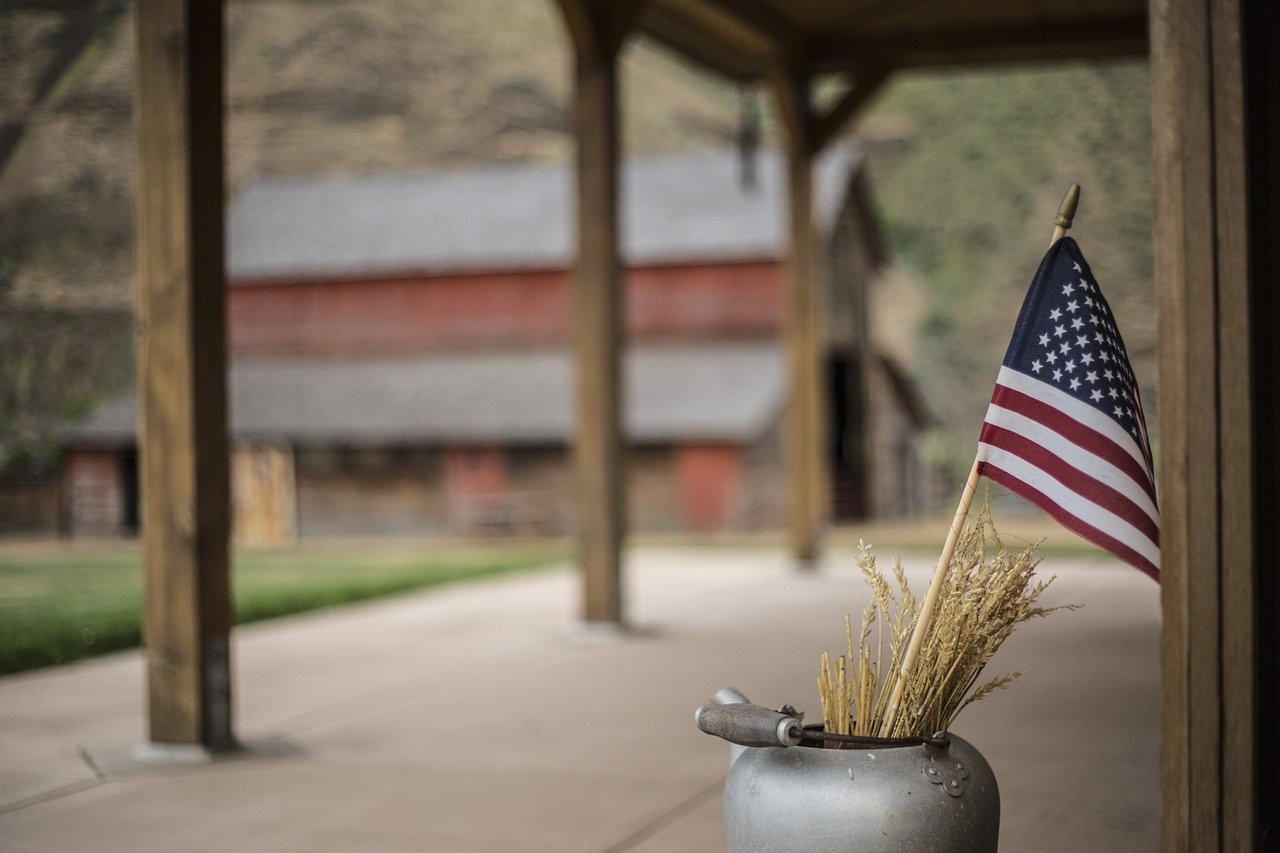
Oppose the Protecting Interstate Commerce for Livestock Producers Act, S.3382
The Protecting Interstate Commerce for Livestock Producers Act
Introduced by Sen. Josh Hawley (R-MO) on November 30, 2023, the Protecting Interstate Commerce for Livestock Producers (PICLP) Act, S.3382, would prohibit any state or local jurisdiction from passing laws that regulate livestock production if those livestock-derived goods are subject to interstate commerce. If passed, any state or local law that impacts how livestock is raised, produced, used, slaughtered, transported, distributed or sold could violate federal law.
The PICLP is a slightly narrower version of the widely opposed EATS Act (H.R.4417/S.2019), in that it focuses solely on livestock rather than on all agricultural products, but its adverse effect would be essentially the same: undermining states’ rights which puts countless state-specific agricultural laws at risk. Like the EATS Act, PICLP was introduced to overturn California’s Proposition 12, a 2018 ballot initiative prohibiting the sale and production of products made from mother pigs, egg-laying chickens, and veal calves that are confined in extreme conditions.
As of April 2024, the Protecting Interstate Commerce for Livestock Producers Act (S.3382) has zero cosponsors and there is no companion bill introduced in the U.S. House.
States’ Rights and the 10th Amendment
In May of 2023, the Supreme Court of the United States upheld California’s Proposition 12, specifically stating the state law is not in violation of the Dormant Commerce Clause. In affirming the constitutionality of states and their citizens passing laws like Prop 12, the Court wrote:
“Some out-of-state producers who choose to comply with Proposition 12 may incur new costs, while the law serves moral and health interests of some magnitude for in-state residents. In a functioning democracy, those sorts of policy choices—balancing competing, incommensurable goods—belong to the people and their elected representatives.”
If PICLP is enacted, it would nullify or undermine countless laws across the country, threatening public health and safety and states’ abilities to govern. Furthermore, the Act would shift the federalism balance away from state powers toward the federal government and its agencies. By striping states and localities of their right to determine standards or conditions on laws that regulate livestock production, the bill aids foreign conglomerates who would no longer need to navigate and comply with various state agriculture laws. In short, PICLP would harm American farmers and ranchers, particularly multigenerational operations found throughout the USA.
PICLP Opposition
In September 2023 the National Governors Association (NGA), which represents the 55 states, territories and commonwealths, wrote a letter to Congressional leaders urging them to consider key Farm Bill priorities for the next reauthorization of the bill. The Governors emphasized the importance of avoiding preempting state level laws regarding agriculture production, writing that:
“States succeed when the federal government avoids granting a private right of action against states that maintain their own production or manufacturing standard on agricultural products.”
In addition to NGA, a vast and varied collection of federal legislators, agricultural officials, organizations, and associations have voiced their unyielding opposition to any federal legislation that aims to undermine Proposition 12. To this end, PICLP has little chance of gaining traction in the U.S. Senate.
Nationwide Compliance with Proposition 12
California’s Proposition 12 went into full effect on January 1, 2024. As required by the new law, the CA Department of Food and Agriculture has registered thousands of distributors and producers, and the list continues to grow. Major pork producers, restaurants and grocery stores in compliance with Prop 12 standards include: Albertsons, Kraft-Heinz, Krogers, Chipotle, Niman Ranch, Hormel Foods, Clemens, Perdue, duBreton, and Tyson Foods.
Federal and State officials oppose the EATS Act







